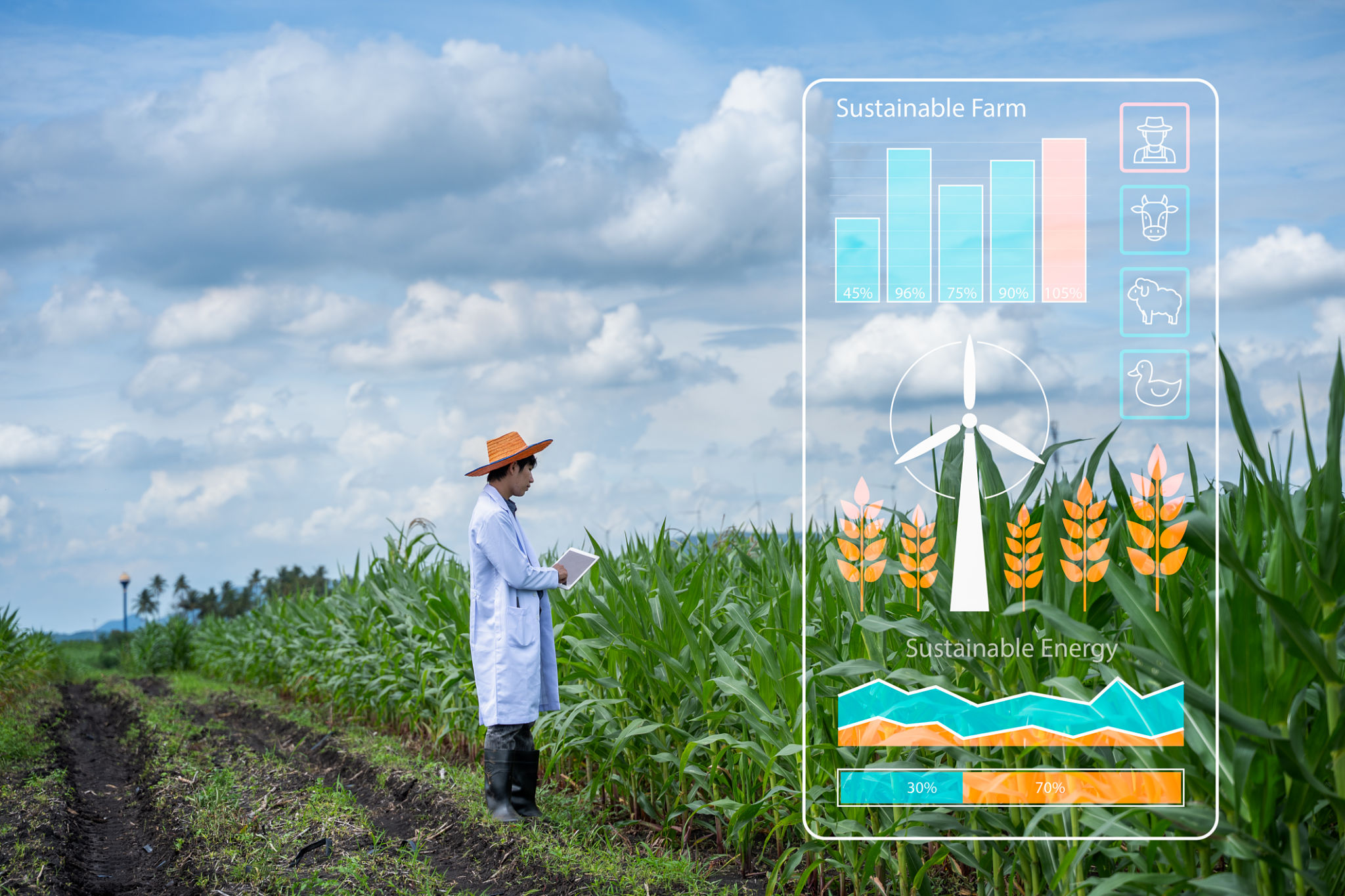The Role of AI in Modern Accounting Practices
Introduction to AI in Accounting
Artificial Intelligence (AI) is rapidly transforming various industries, and accounting is no exception. With the ability to process large volumes of data quickly and accurately, AI is becoming an indispensable tool for modern accountants. This technology is not only streamlining traditional accounting tasks but also paving the way for more strategic roles within the finance sector.
AI's integration into accounting practices is revolutionizing how financial data is managed and analyzed. From automating routine tasks to enhancing data accuracy, AI is reshaping the landscape of accounting in profound ways.

Automation of Routine Tasks
One of the most significant contributions of AI in accounting is the automation of repetitive and time-consuming tasks. Tasks such as data entry, invoice processing, and transaction categorization can be automated using AI-powered tools. This not only reduces the risk of human error but also allows accountants to focus on more complex and value-added activities.
The automation capabilities of AI help in significantly reducing operational costs. By eliminating manual processes, businesses can increase efficiency and allocate resources to strategic initiatives.
Enhancing Data Accuracy
AI technologies, such as machine learning algorithms, are adept at identifying patterns and anomalies in financial data. This ability enhances data accuracy and reliability, crucial for producing precise financial reports. By minimizing errors, AI ensures compliance with regulations and improves decision-making processes.

Predictive Analytics and Forecasting
AI's role extends beyond automation; it also plays a pivotal part in predictive analytics. By analyzing historical data, AI can forecast future financial trends, enabling businesses to make informed decisions. This predictive capability helps companies anticipate market changes and adjust their strategies accordingly.
Moreover, AI-driven forecasting tools assist in budgeting and financial planning, offering insights that are more accurate than traditional methods. Businesses can leverage these insights to optimize their financial performance and gain a competitive edge.

Improving Fraud Detection
Fraud detection is an area where AI excels due to its ability to analyze vast amounts of data for irregularities. AI systems can continuously monitor transactions to detect potentially fraudulent activities in real-time. This proactive approach to fraud detection enhances financial security and mitigates risks associated with fraudulent activities.
By utilizing AI for fraud detection, companies can safeguard their assets and maintain trust with stakeholders, which is crucial for long-term success.
Conclusion
The integration of AI into modern accounting practices is transforming the industry by increasing efficiency, accuracy, and security. As AI continues to evolve, its applications in accounting will become even more sophisticated, offering new opportunities for innovation and growth.
Accountants who embrace AI technology will be well-positioned to drive strategic initiatives within their organizations, ensuring they remain competitive in an ever-changing business environment.